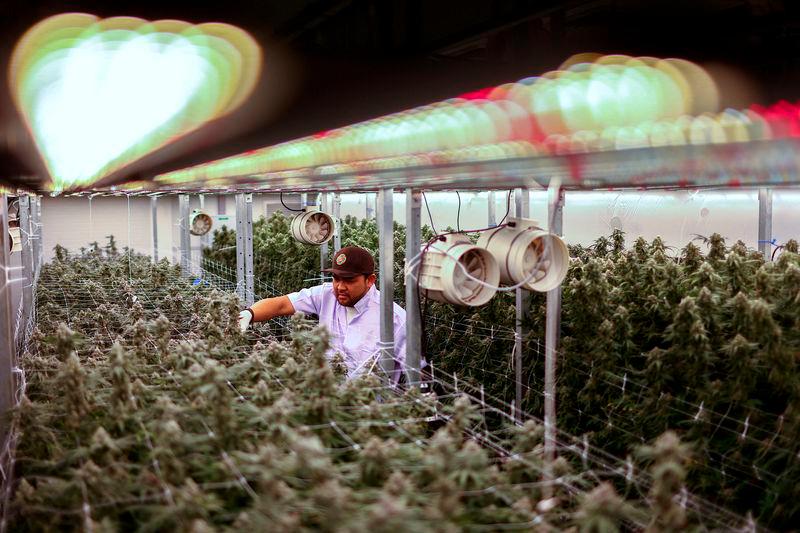Thailand will work towards legislating marijuana for medical use, a deputy prime minister said Tuesday, signalling a U-turn on plans to re-criminalise the plant and another change in the government's hazy position on cannabis, according to Reuters.
Thailand in 2022 became one of the first countries in Asia to decriminalise marijuana, doing so without a law to govern it or clear regulations in place to prevent its recreational usage.
The move, however, led to an explosion of recreational use and the launch of tens of thousands of cannabis cafes and retailers enabling it, prompting public concern about its abuse.
Deputy premier Anutin Charnvirakul, whose party was instrumental in pushing for marijuana liberalisation, said Prime Minister Srettha Thavisin had now agreed that legislation was the appropriate step to take.
"I thank the prime minister for considering this matter and deciding on issuing an act," Anutin said.
The government has maintained recreational use of cannabis was not allowed and Srettha, who belongs to a different party, had said he would re-criminalise it due to concerns over abuse, with an exception for medical use and research.
"It will be a matter of law and debated in parliament where there is already a draft law," secretary-general to the prime minister Prommin Lertsuridej told Reuters.
"Whether it is a narcotic or not is up to parliament."
A draft law on marijuana was submitted to the legislature under the previous administration but parliament was dissolved ahead of an election last year, without a vote taken.
It was not immediately clear whether steps would be taken to crack down on recreational cannabis use, as Srettha has advocated.
Thailand has seen rapid growth of a domestic retail sector for marijuana, an industry projected to be worth up to $1.2 billion by 2025.
Anutin's Bhumjaithai Party, the second biggest in the ruling coalition, has advocated for marijuana for health and economic purposes, but officially not for recreational use, and has argued against re-criminalising it.
Nattabhorn Buamahakul, Managing Partner at government affairs consultancy, Vero Advocacy, said the latest development indicated there was now better coordination between parties in government on the complex cannabis issue.
"The policy reversal reflects greater alignment between the coalition parties when compared to last year when the government was formed," Nattabhorn said.









